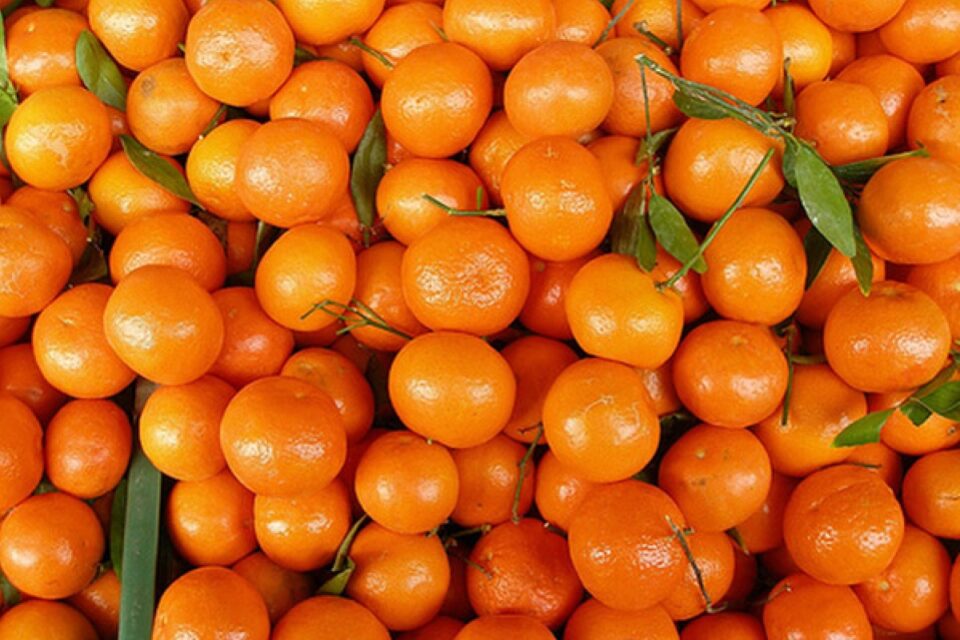According to several Russian media outlets, the recent Russian-Pakistani trade and investment forum resulted in numerous trade agreements. However, implementing these agreements has proven challenging. International sanctions against Russia for its invasion of Ukraine have significantly complicated payments for Russian companies, EastFruit notes.
Neither Pakistan nor Russia had use for each other’s currencies, as both the ruble and the rupee are considered among the least reliable in the world. Although there were initial reports of Russian companies accepting payment in Pakistani rupees, it was later clarified that barter would be used instead. Consequently, Pakistani companies are expected to supply potatoes and mandarins to Russia in exchange for chickpeas, lentils, and rice.
Read also: Beetnomics of a Russian “superpower”
This “stone age” method of trade is a necessity for both countries. Despite the Russian central bank’s efforts to curb inflation by raising the refinancing rate, inflation continues to rise. The ruble is nearing an exchange rate of 100 per dollar, and falling oil prices are straining the national budget, which requires $8-10 billion monthly to fund Russia’s brutal invasion into Ukraine. As a result, food prices are at or near record highs, threatening to increase the number of Russians living below the poverty line.
Pakistan is also grappling with a severe economic crisis that began in 2022. High inflation and soaring prices for essential food items like wheat flour, meat, and rice have put millions at risk of starvation. Additionally, Pakistan’s public debt has surged, forcing the country to repeatedly seek assistance from the IMF.
Maintain full control over fruit and vegetable prices in Turkey, Egypt, Ukraine, Uzbekistan, Russia, Moldova and other markets subscribing to EastFruit Premium.
The use of the site materials is free if there is a direct and open for search engines hyperlink to a specific publication of the East-Fruit.com website.




